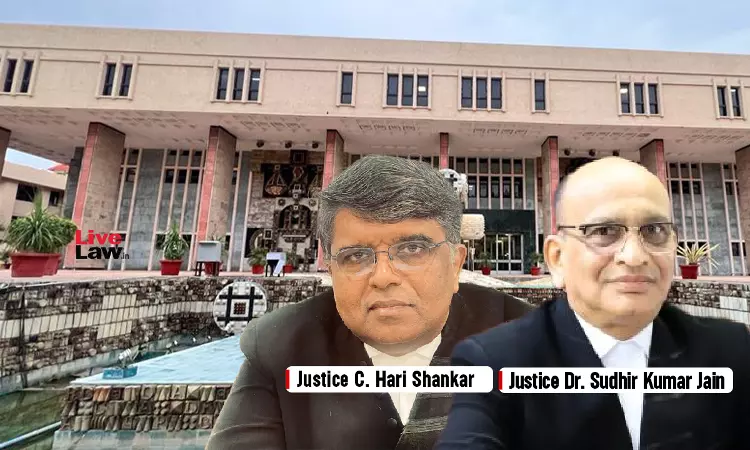'OKEY' Is Informal Usage, Slangs Cannot Be Regarded As “Meaningful English Usage”: Delhi High Court
Syed Nazarat Fatima
17 Oct 2024 6:54 PM IST

Next Story
17 Oct 2024 6:54 PM IST
A Division Bench of the Delhi High Court comprising Justices C. Hari Shankar and Sudhir Kumar Jain was considering an academic issue concerning Combined Graduate Level Examination Tier-II, 2023 conducted by the SSC for recruitment to various civil posts.The question in the examination was to choose as to how many 'meaningful words' could be formed from the O, K, E and Y. The respondents...
